* Alibaba Group launches 2 open source artificial intelligence models
Chinese researchers have developed an artificial intelligence (AI) model based on deep learning algorithms to forecast the development and morphology of El Nino phenomena in the central Pacific region.
In a recent study published in the journal Advances in Atmospheric, scientists said that the El Nino phenomenon in the central Pacific Ocean can have a profound impact on the global climate, so accurate forecasts will be important in preparation and risk reduction.
Based on convolutional neural network technology, researchers from the Institute of Atmospheric Physics (IAP) of the Chinese Academy of Sciences have developed a deep learning model to forecast sea surface temperature anomalies in the equatorial Pacific Ocean .
“This study demonstrates the potential of AI to improve forecasting of important weather events such as El Nino, which can have serious global impacts,” said Huang Ping, a scientist at IAP and author of the study.
According to the study, the AI model outperformed traditional dynamical models in terms of accuracy, especially in forecasting sea surface temperature anomalies in the western and central equatorial Pacific.
The study also found that the hybrid model, which combines forecasts from both AI and dynamical models, achieved even higher accuracy for El Niño events in the central and eastern Pacific. The team plans to continue using deep learning algorithms to expand the application of AI models to seasonal weather forecasts, aiming to provide more accurate and earlier warnings of important weather events.
* On August 3, China's Alibaba Technology Group announced two open-source artificial intelligence (AI) models to compete with Meta's similar model.
According to the Hangzhou-based group, these are two large language models (LLMs) called Qwen-7B and Qwen-7B-Chat, each with 7 billion parameters. This marks the first time a major Chinese tech company has open-sourced LLMs.
In April this year, Alibaba also announced an LLM called Tongyi Qianwen with multiple versions with different numbers of parameters.
According to Alibaba, Qwen-7B and Qwen-7B-Chat are two smaller versions of Tongyi Qiawen aimed at helping small and medium-sized businesses get started with AI.
Alibaba added that scholars, researchers and commercial organizations worldwide will have free access to the code, model weights and documentation of the two models.
However, companies with more than 100 million monthly active users need to apply for a license from Alibaba before using these two models.
Last month, Facebook's parent company Meta also announced a similar open-source model called Llama 2.
Meta and Microsoft have partnered to develop Llama 2, a next-generation large language AI model aimed at both commercial and research purposes.
Llama 2 will be distributed by Microsoft through the Azure cloud service running on the Windows operating system. This model will provide information through files downloaded directly from the Amazon Web Services platform, Hugging Face, and many other providers.
Some analysts believe that these open-source models could reduce the dominance of Open AI, developer ChatGPT, and Google, with its expensive user-fee AI models, in the current market.
China is encouraging its tech companies to quickly develop AI models that can compete with foreign ones. In addition to Alibaba, other Chinese tech companies such as Tencent Holdings and Huawei have been actively developing their own AI models in recent months.
T.LE (Vietnam News Agency/Vietnam+)
Source link




















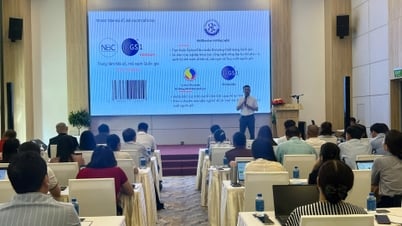






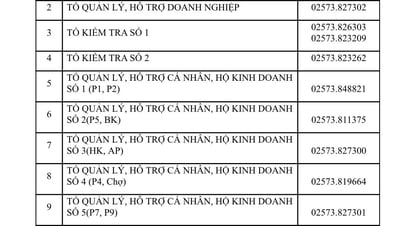























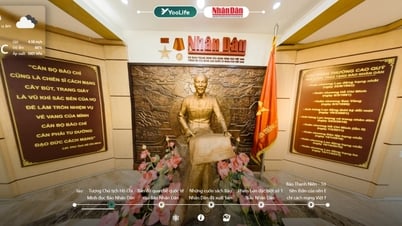






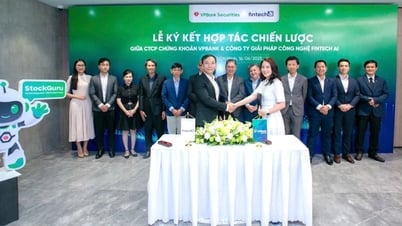







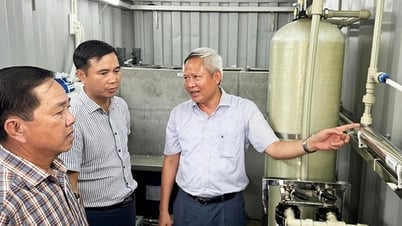






























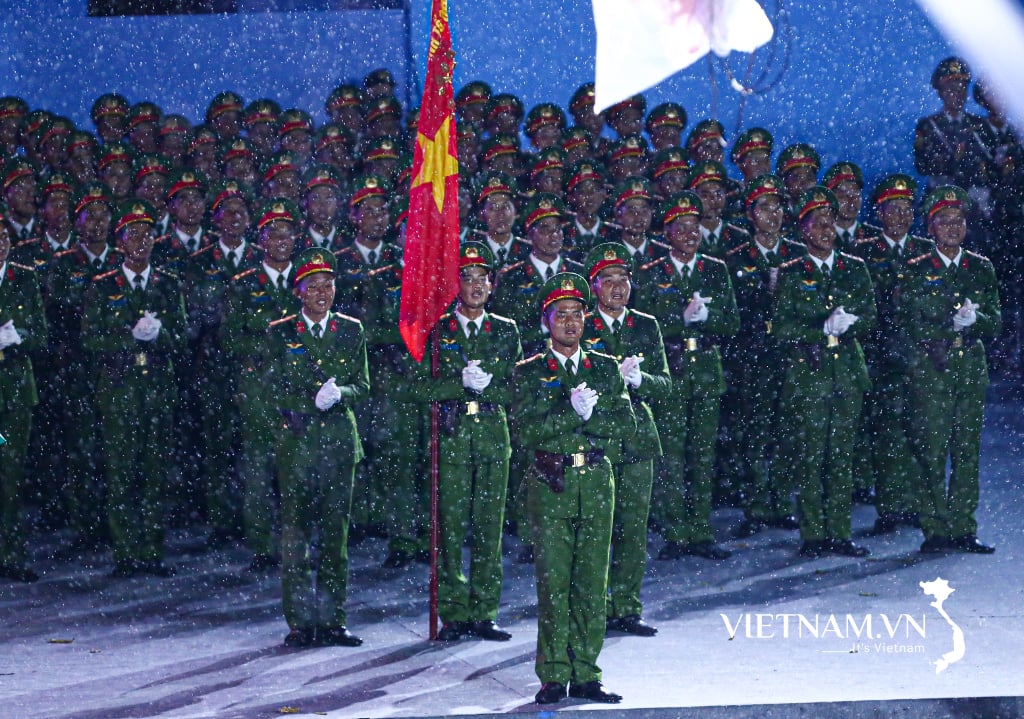


Comment (0)